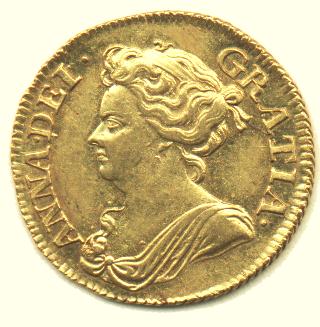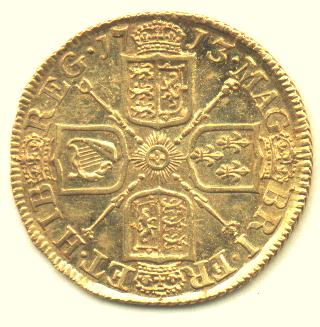I've gotten a third the way through the third volume of Neal Stephenson's Baroque Cycle. Each of the three is near a thousand pages long so it's an achievement to have persevered, and also a pleasure. There are fantastical action plots of the dime-novel sort, or as Stephenson calls such action-stories: picaroon romances. But there are also long passages of intellectual history, partly imagined history, but mostly out of real life.
The themes include the firm founding of the scientific method and the use of inventions, such as telescope and microscope, to further science. Paired with this, an exploration of what men of the Enlightenment saw as superstition and enslavement to the ideas of magic and of miracles. Their enemies were both clerics and alchemists.
The themes also include the evolution of commerce, industry, and particularly finance. There's much about the invention of financial instruments, like the bill of exchange and paper money, which have no intrinsic value and whose worth is based on trust. This is marvelous: how value becomes attached to expectations -- not just of payment in goods or precious metals, but expectations of financial gain -- and how value is determined not just by the amount of expected gain, but also by the amount of risk of things going wrong: misplaced trust, wars and other unforeseen eruptions, acts of piracy, in general, contingencies that might arise. Neither the amount of future gain nor the associated risk could be estimated accurately and it became the objective of many men to use news, intelligence, and such mechanisms as law enforcement, the courts, and insurance to help compensate for dread of the unknown.
At the point I've reached, Sophie, the Electress of Hanover, and Caroline, future Queen of England and present Princess in Hanover, are discussing a new usage: "currency" denoting money rather than the action of water flowing in a stream. It's 1814 and England's Tories are trying to prevent the House of Hanover from inheriting the English Throne. England, as had Holland, Genoa, and Venice beforehand, is a nation whose strength rests on the faith that people place in its currency. Lacking the gold and silver mines of Spain and the great natural resources of France, England has learned to create money out of trust -- trust (the balancing of anticipated risks and rewards) that wealthy Spaniards and Frenchmen place in England by committing their money to English bankers. Now Louis XIV is plotting with some of these Tories to undermine this trust by calling into question the worth of English currency, and at the moment it looks like he (and they) will succeed, enabling the Stuart "Pretender" -- a French pawn -- to be awarded the English Throne.
This web site gives a good overview of the history of the period and describes it's coinage.


This is the front and back of Queen Anne's guinea, the coin being discussed by Sophie and Caroline as "currency".
Here's the Oxford English Dictionary on the word "currency" (extracts):
1. The fact or condition of flowing, flow; course; a current, stream.
1657 HOWELL Londinop. 18 To preserve the currency of the stream. 1698 TYSON in Phil. Trans. XX. 135 To shew the Currency of their Canalis here. 1758 BINNELL Descr. Thames 11 The Currency runs..with such Force, as to render the Navigation thereof imperfect.
2. The course (of time); the time during which anything is current.
1726 AYLIFFE Parergon 196 The Currency of Time to establish a Custom, ought to be with a Continuando from the beginning to the end of the Term.
3. Of money: The fact or quality of being current or passing from man to man as a medium of exchange; circulation.
1699 LOCKE 2nd Reply to Bp. of Worcester (R.), 'Tis the receiving of them by others, their very passing, that gives them their authority and currency. 1722 Lond. Gaz. No. 6078/2 All such of the said Bills..lose their Currency. 1729 POPE Dunc. I. 23 note, The papers of Drapier against the currency of Wood's copper coin in Ireland.




No comments:
Post a Comment